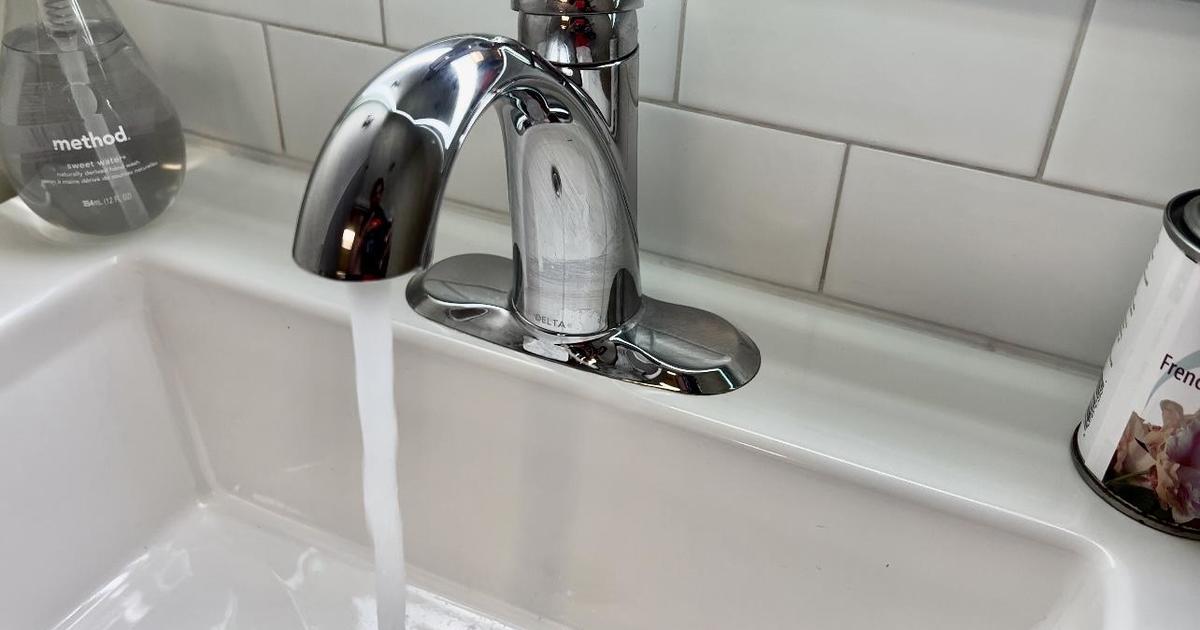Report: Lead Levels In Water May Be Higher Than Tests Indicate
CHICAGO (CBS) -- The city says the lead levels in Chicago drinking water meet federal standards – but a new report says that might not be good enough.
The Chicago Tribune reported Friday morning that high lead levels were found in seven of 38 Chicago homes that were tested by federal regulators in the spring.
The newspaper reports regulators and scientists are afraid the testing methods used over the last 20 years might be lowballing the actual levels, and thus underestimating exposure to the toxic metal in the water. This is especially true in older cities and towns where lead pipes and solder are found frequently, the Tribune reported.
The U.S. Environmental Protection Agency is still evaluating the latest local tests, the Tribune reported.
If more than 10 percent of water samples in a given city are found to have more than 15 parts per billion of lead, utilities must alert residents and try to lower levels, the Tribune explained. This has not happened in the city of Chicago in nearly two decades, the newspaper said.
The group points out that older faucets, spigots and fittings might contain lead, as well as older water well pumps with brass or bronze parts.
Laws were passed in 1986 and 1988 to prevent the use of lead in pipes, and copper pipes are now used in new construction, the group said. But even new brass plumbing fixtures sometimes contain lead, the group said.
Infants who drink formula mixed with water containing lead are at the greatest risk of suffering harm, the group said.
For this reason, the group advises never mixing infant formula using hot water directly from the tap, and using only cold water for drinking and cooking. Running the water at each tap before using it is also advised.
Also, since lead is not alive, boiling water before use will not eliminate it.
To reduce the risk of lead building up in a child's body, Lead Safe Illinois advises serving meals that are high in metals such as calcium and iron – including dairy products or green vegetables. If a child's blood lead level is above 10 micrograms per decileter, preventative measures are necessary.







